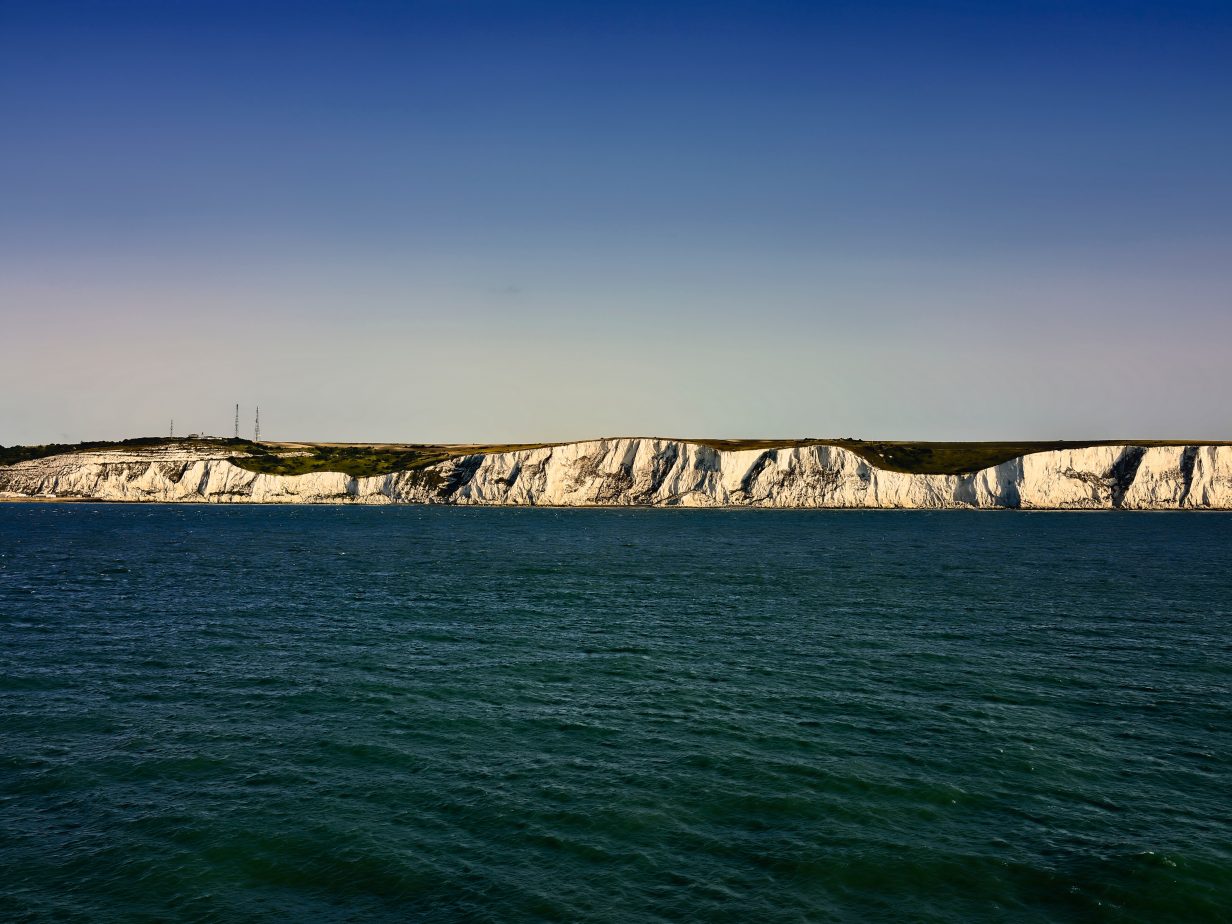A charity boss has condemned the ‘conveyor belt of tragedy’ of deaths in the Channel after eight people died overnight on Saturday after attempting to cross from France to the UK.
Enver Solomon, Chief Executive of the Refugee Council, said: ‘Enforcement alone is not the solution. People are being forced into the arms of smugglers because they are desperate, fleeing violence and persecution in countries like Afghanistan, Syria and Sudan in search of safety.’
He said people smugglers on the continent will respond to tougher policing of crossing attempts by ‘making these refugees take bigger risks’ through more perilous crossing points and more crowded boats.
These eight deaths come just two weeks after 12 people died, including six children and a pregnant woman, making the same journey.
After getting into difficulty off the coast of France on Saturday night, the boat was torn apart on an area of rocks. 53 people were assisted by emergency services, six people were taken to hospital including a baby with hypothermia, and eight died. The total number of people who have died trying to enter the UK via the channel this year has now reached 45.
Steve Valdez-Symonds, Amnesty International UK’s Refugee and Migrant Rights Director, said in response to the deaths over the weekend: ‘The Government’s ‘smash the gangs’ slogan and its security-heavy approach is contributing to the death toll because the refusal to establish safe asylum routes means these flimsy vessels controlled by people smugglers are the only real option for desperate people fleeing persecution.
‘Until UK ministers and their counterparts in France start sharing responsibility over the need for safe routes, we should expect this weekend’s tragedy to keep repeating itself time and time again.’
The Foreign Secretary, David Lammy, said on Sunday at the Government has been ‘discussing how we go after those gangs, in co-operation upstream with other European partners’. He told Laura Keunssberg’s programme that he had visited the National Crime Agency and seen the flimsy dinghies that people have used to attempt the crossing.








